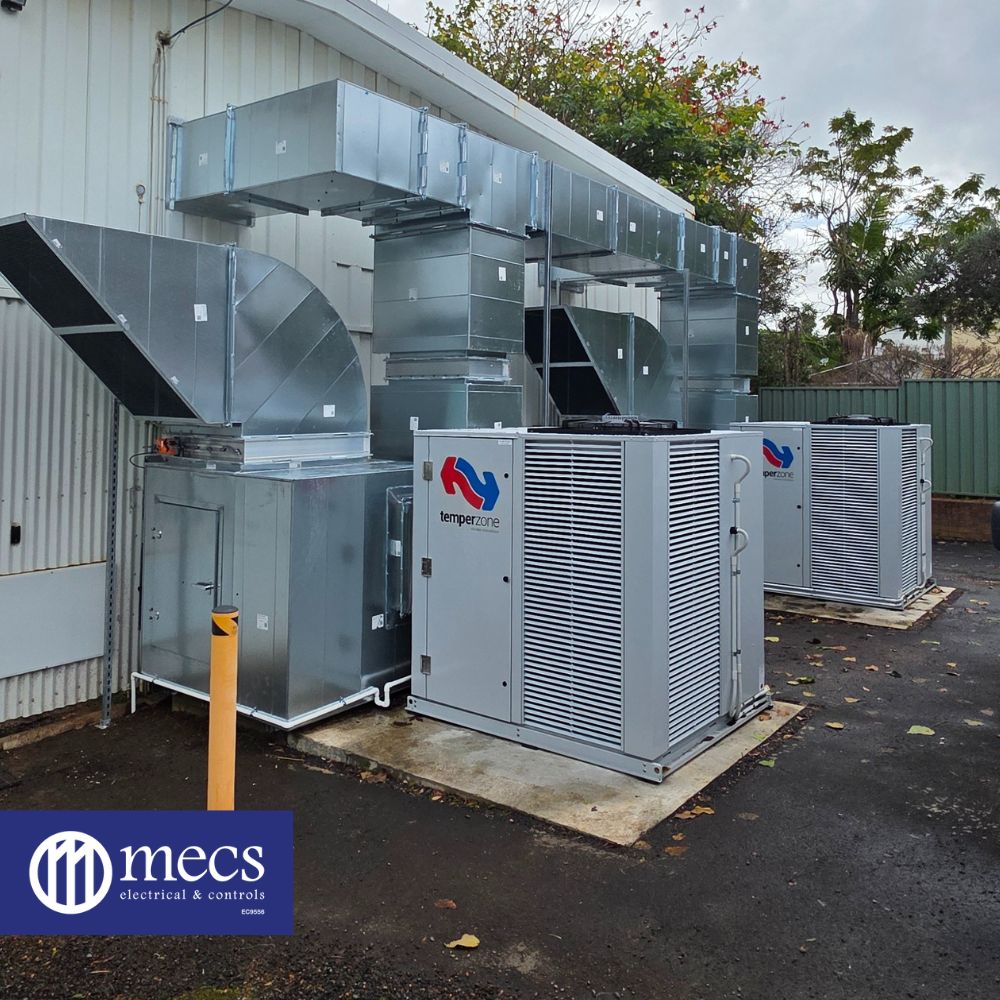Every business owner dreams of growth, but there’s a fine line between scaling too quickly and growing at the right pace. The key question many entrepreneurs ask is: How fast should my business grow? While growth is essential, rapid expansion without a solid plan can lead to problems that could undermine your business in the long term.
The Right Pace for Growth
When considering how fast your business should grow, it’s important to understand that growth isn’t a one-size-fits-all concept. For some businesses, expanding rapidly might be the right move, while for others, gradual growth may be a smarter strategy. What matters most is aligning your growth strategy with your business’s resources, market conditions, and long-term goals.
Market Demand and Timing
One of the primary factors determining the pace of your growth is market demand. If you are operating in an industry with high demand and limited competition, scaling quickly may be a good option. However, this decision should come with a careful analysis of timing. Expanding too early when the market isn’t ready can lead to missed opportunities and potential losses.
Internal Capabilities
While market demand is crucial, your business must also have the internal capability to handle increased growth. Growth often means more staff, more customers, more operational costs, and more complexity in management. If your internal systems, processes, and team aren’t ready for rapid expansion, you may risk running into issues with quality, customer service, and operational inefficiency.
Risks of Growing Too Fast
While the excitement of rapid growth can be tempting, it comes with significant risks that could derail your business in the long term. It’s important to be mindful of these risks when evaluating the speed at which you want to scale.
Overstretching Your Resources
One of the most common issues businesses face when scaling too quickly is overstretching their resources. This includes not only finances but also human resources, inventory, and production capabilities. If your business grows faster than your ability to support it, customer service could suffer, product quality might decline, and staff morale could drop.
A great way to avoid overstretching is to keep an eye on your cash flow and ensure you have the financial reserves to support the expansion. Additionally, having a scalable workforce plan is essential. It’s better to grow gradually, ensuring that you can hire and train staff effectively as the demand increases.
Loss of Control
As your business grows, it becomes harder to maintain direct control over every aspect of the operation. This loss of control can lead to inconsistencies in the product or service, which can ultimately damage your reputation. It can also become more difficult to stay connected with your customers and adapt quickly to their needs.
To prevent this, implement systems that allow you to delegate effectively while maintaining oversight of key areas of your business. Systems such as project management tools, communication platforms, and regular reviews can help ensure that your business grows without losing its touch.
Financial Strain
Scaling too quickly can put significant financial pressure on a business. You might need to borrow money to fund growth, which could put you in a difficult position if things don’t go as planned. Similarly, investing too heavily in expansion before the business is stable could lead to cash flow problems, causing your company to run into serious debt.
Ensure that your growth strategy includes a solid financial plan, accounting for unexpected costs that might arise. It’s also wise to set aside funds for emergencies or delays in expansion. If you’re using external funding to grow, make sure you have a clear path for repayment and a strategy to handle any downturns.
Managing Growth in a Sustainable Way
While rapid growth might seem appealing, it’s often more sustainable to scale your business at a controlled pace. Doing so ensures that your company remains adaptable, profitable, and able to meet customer needs effectively. Here are a few tips for managing business growth in a way that ensures long-term success.
Set Clear Goals and Milestones
Before pushing for rapid expansion, it’s important to set clear, achievable goals. These goals should align with your business’s long-term vision and should be based on realistic timelines. By setting milestones along the way, you can measure progress and make adjustments if things aren’t going according to plan.
Focus on Customer Experience
No matter how fast your business grows, always prioritise the customer experience. Your customers are your greatest asset, and without them, your business wouldn’t be able to expand. Ensure that as you scale, you maintain high standards of customer service, product quality, and communication.
Stay Flexible and Adaptable
Growth doesn’t always follow a straight path, and sometimes the market changes unexpectedly. To grow sustainably, your business needs to stay flexible and adaptable. Regularly review your business strategy and make adjustments based on market trends, customer feedback, and internal performance.
Conclusion
The pace of your business growth depends on a variety of factors, including market demand, internal capabilities, and financial stability. While fast growth can be exciting, it’s essential to avoid overstretching resources or losing control. Sustainable growth is about balancing ambition with practicality, ensuring that you expand at a pace that allows your business to remain competitive, adaptable, and profitable in the long run.










